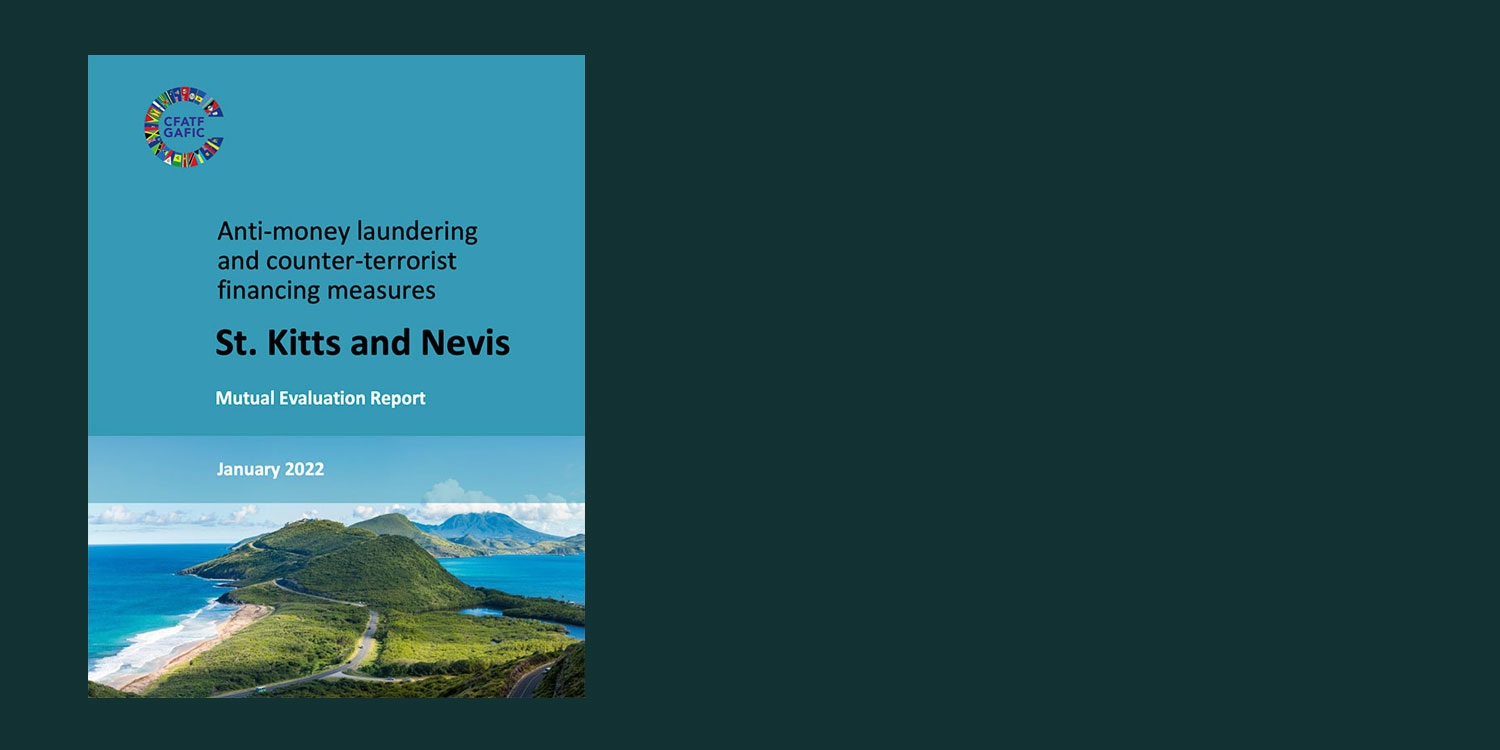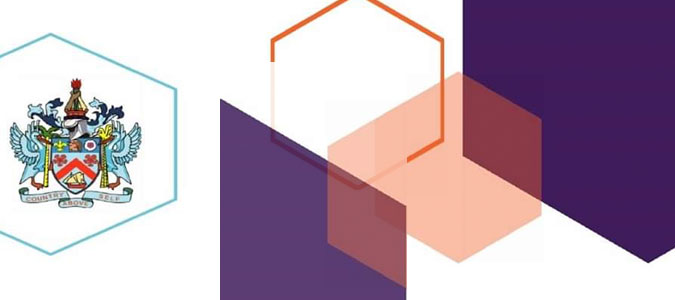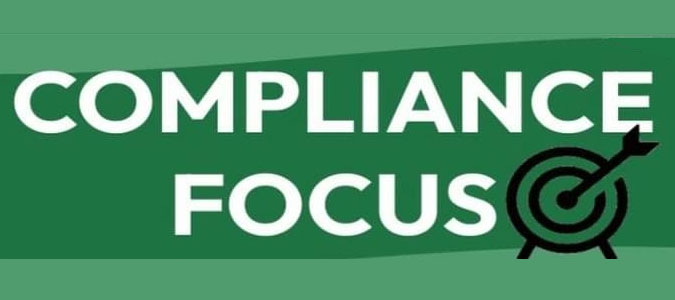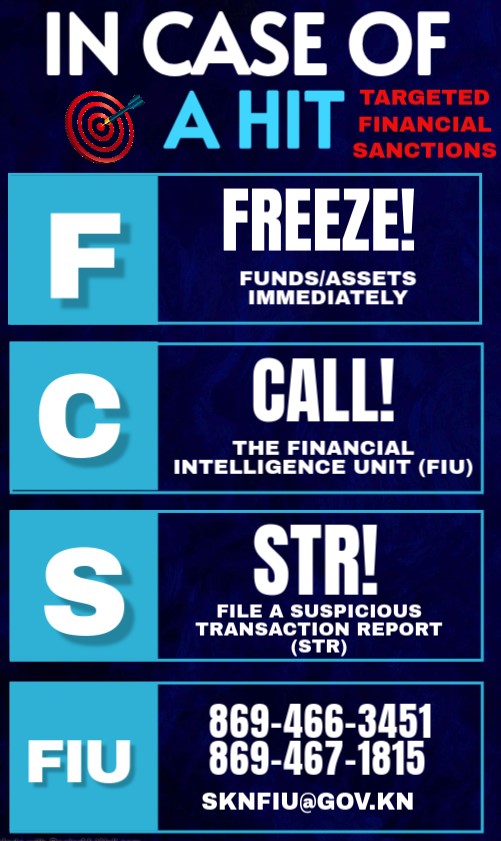Some of the red flags which have been observed to be associated with these scams include:
- The perpetrators use social media direct messages only to communicate, distribute tasks and provide payment details without any verbal or face-to-face communication.
- Persons receive payment for services through wire transfers and mobile transactions. The persons are then instructed to forward a portion of their payment to other individuals via money remitters.
- Persons are instructed to withdraw the monies immediately after being transferred into their account.
- The perpetrators would request personal information including banking details from victims before sending them an official confirmation of employment for the advertised job.
- The perpetrators do not share normal details such as a company website, social media page or physical address.
- The job advertisement may include phishing emails which require you to access a link which is used to gain unauthorized access to your personal devices and information.
If it appears too good to be true, it usually is! Be vigilant!
The general public is advised that any money derived from these scams, and subsequently used, is considered money laundering. Section 4(2) of the Proceeds of Crime Act, Cap 4.28 (POCA) outlines that a person engages in money laundering if that person knows or ought to reasonably have known, that the money or other property derived, obtained, or realised, directly or indirectly, was obtained from some form of criminal activity. Any person who has received funds via a Job Search Scam, as described above, should immediately contact the WCCU via email at This email address is being protected from spambots. You need JavaScript enabled to view it. or This email address is being protected from spambots. You need JavaScript enabled to view it. or via telephone at 467- 1952/3/4 or 662-4723. Persons are advised to avoid using the funds derived from these activities. Failure to report these activities, could result in a money laundering charge and the penalties outlined in Section 4(1) of the POCA. 19 July 2024
[ DOWNLOAD PDF ]













